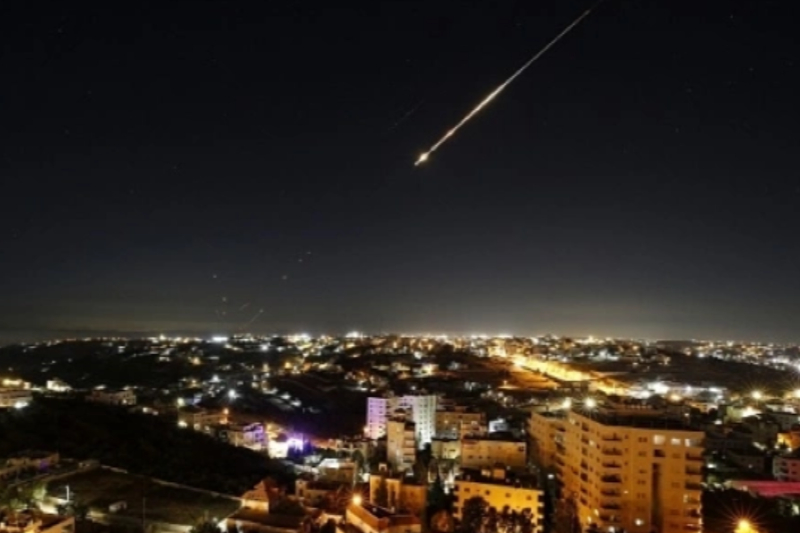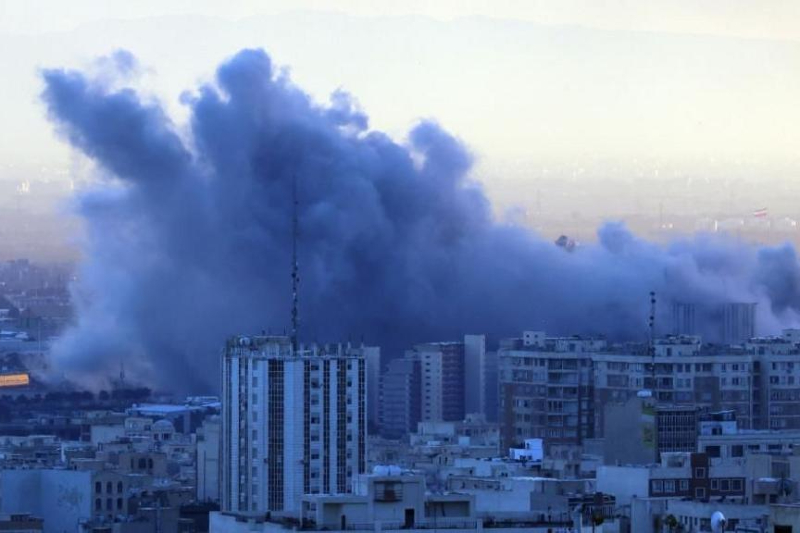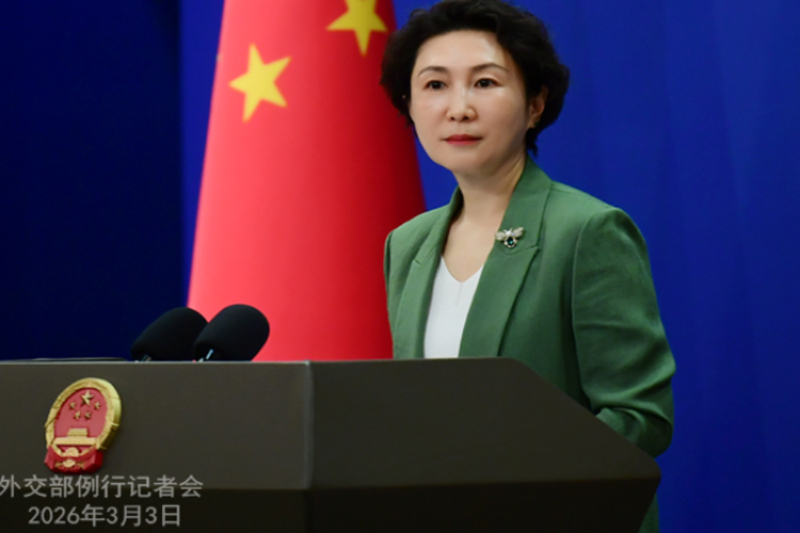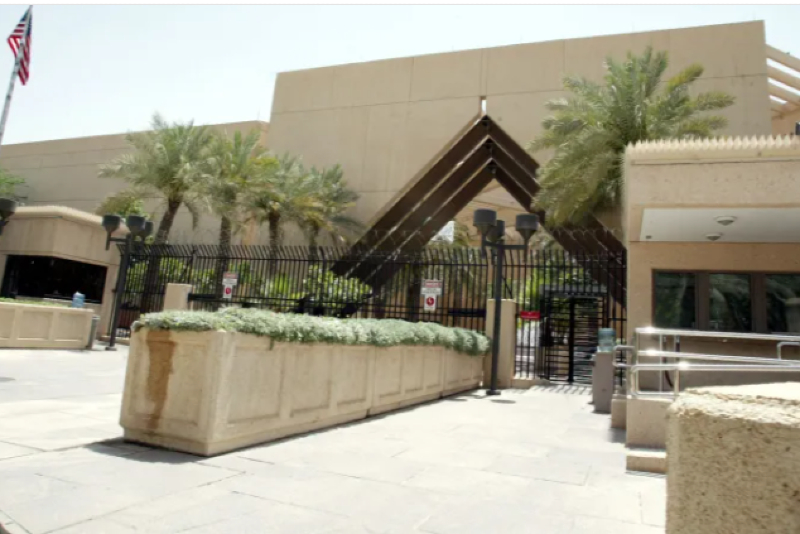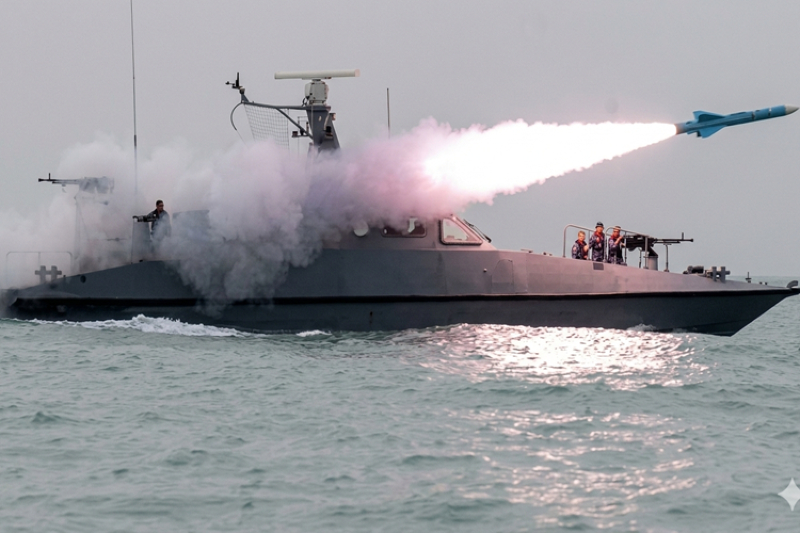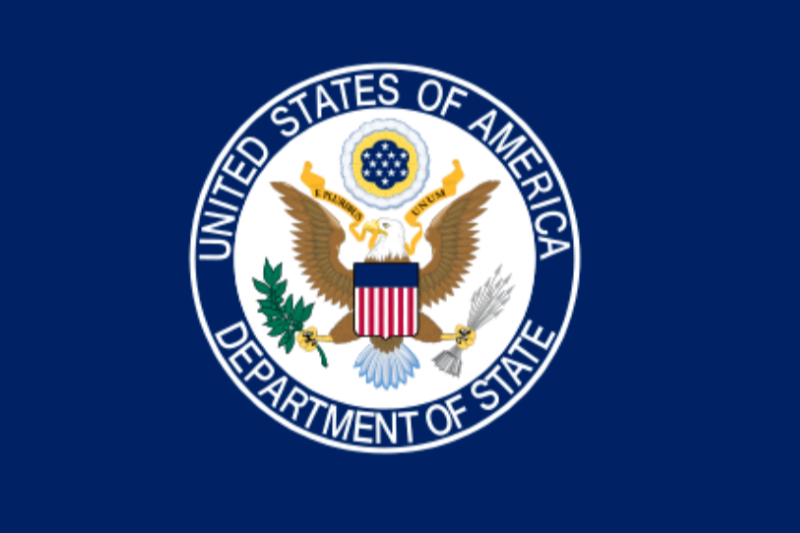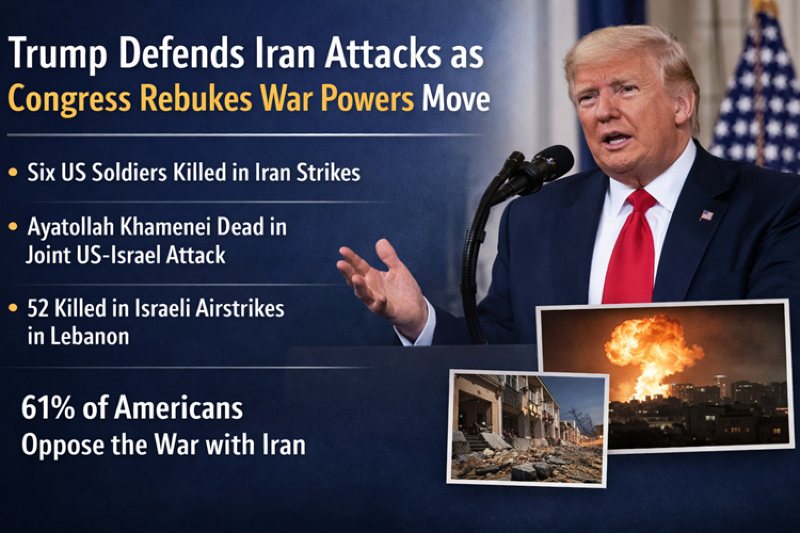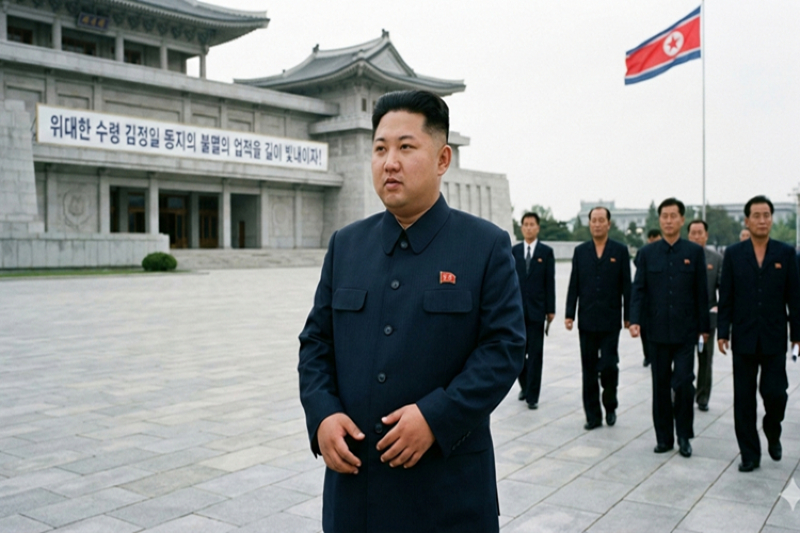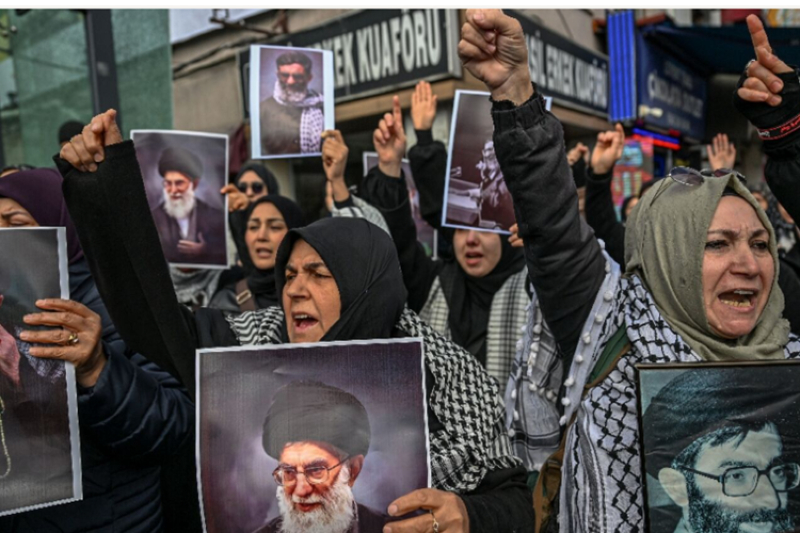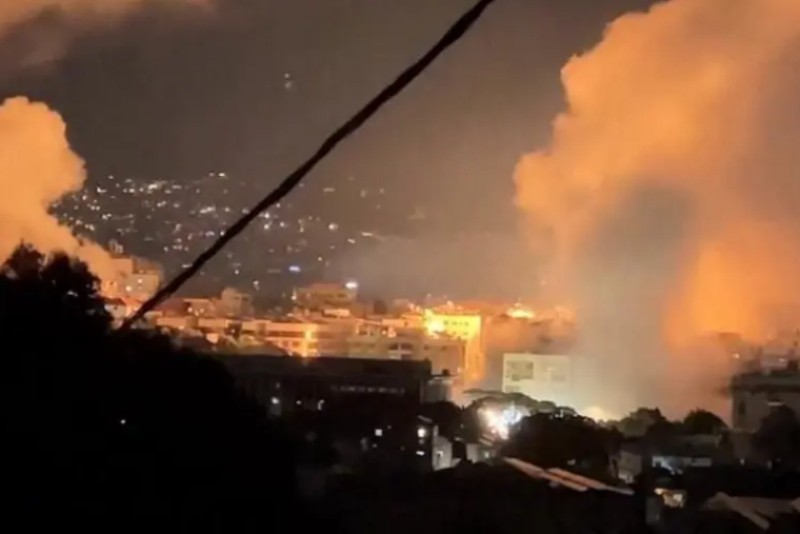Israel kills Top Iranian Military Leaders, Hits Nuke Sites
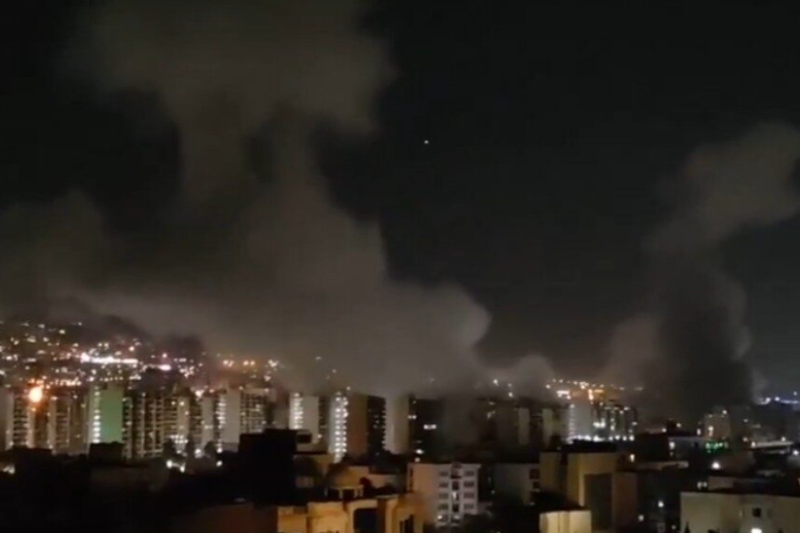
In an unprecedented escalation, Israel has launched a large-scale military operation against Iran, targeting key nuclear facilities and killing senior military figures.
The strikes, which began overnight as part of what Israeli Prime Minister Benjamin Netanyahu called Operation Rising Lion, mark one of the most significant military confrontations between the two nations in recent history.
According to the Israeli Defense Forces (IDF), around 200 fighter jets were deployed to carry out precision strikes on Iran's nuclear enrichment site in Natanz, ballistic missile infrastructure, and high-ranking military officials.
Among those killed were General Hossein Salami, commander-in-chief of Iran’s Islamic Revolutionary Guard Corps (IRGC), and Major General Mohammad Bagheri, Iran’s top military officer.
Iranian media also reported the deaths of senior Revolutionary Guard commander Gholam Ali Rashid and two prominent nuclear scientists, Mohammad Mehdi Tehranchi and Fereydoun Abbasi.
In immediate retaliation, Iran launched over 100 drones toward Israeli territory. The full extent of the damage is not yet clear, but Israel has declared a state of emergency and placed its military on high alert for further counterattacks.
Iran's Supreme Leader Ayatollah Ali Khamenei condemned the strikes, calling them a "crime" and vowing that Israel would face "severe punishment."
Tehran emphasized that it reserves the right to respond under Article 51 of the UN Charter, calling the attacks a blatant act of aggression.
While Iran accused the United States of backing the strikes, U.S. Secretary of State Marco Rubio stated that the U.S. had no involvement.
US President Donald Trump, speaking before the attack, expressed opposition to military escalation amid ongoing nuclear negotiations.
The situation remains fluid, with both nations bracing for further hostilities in what could become a wider regional conflict.

